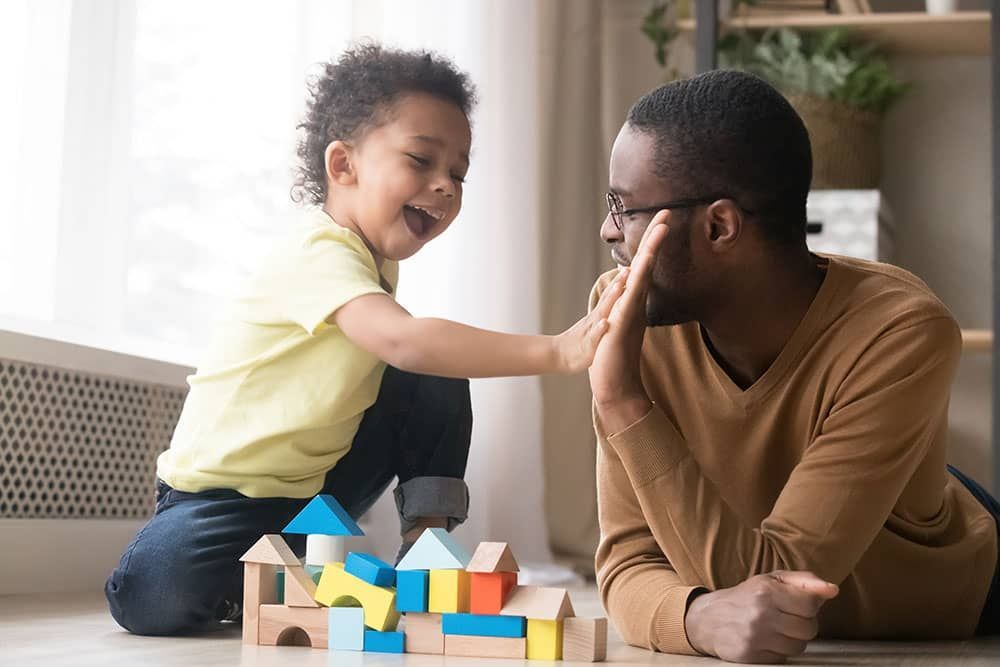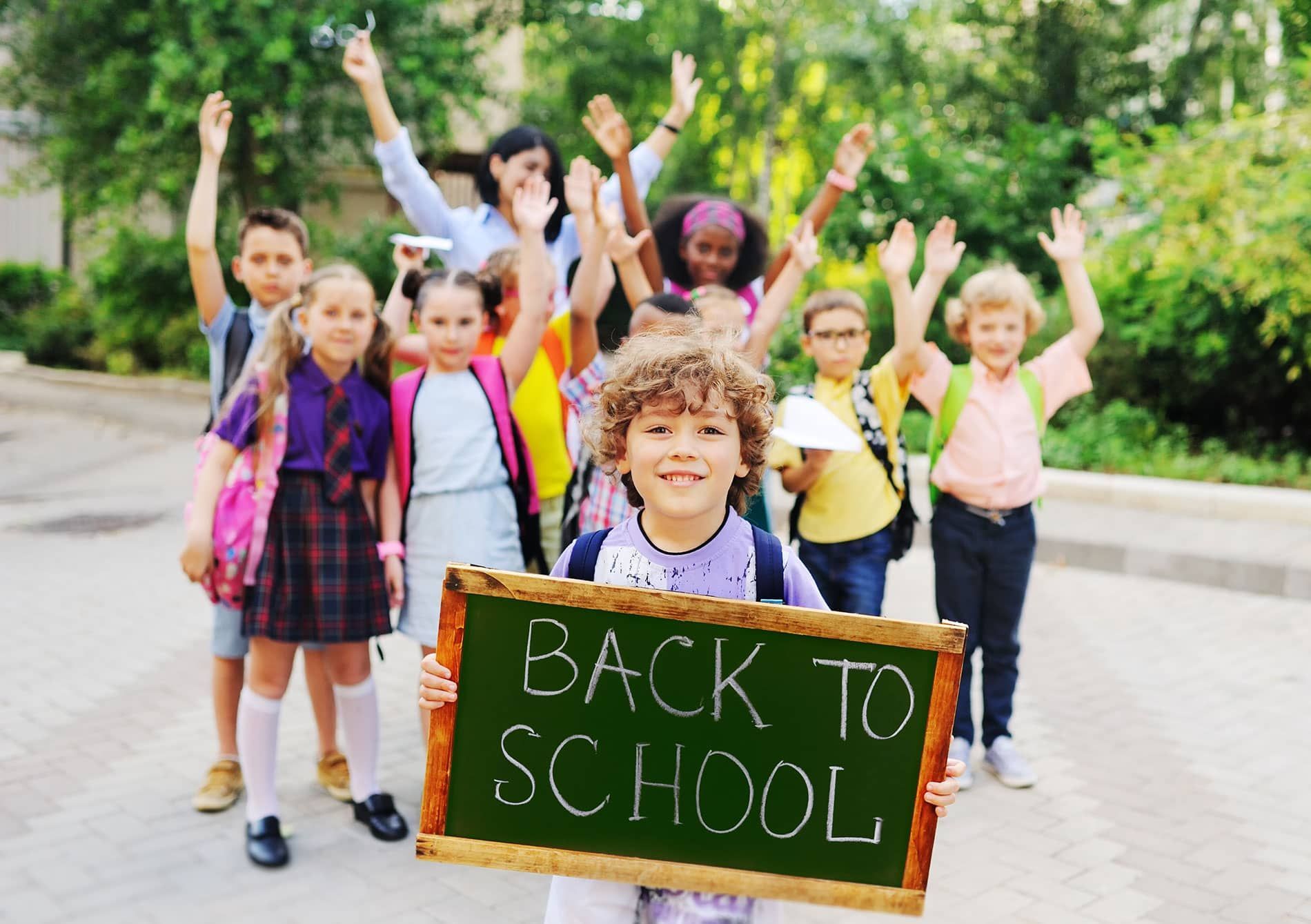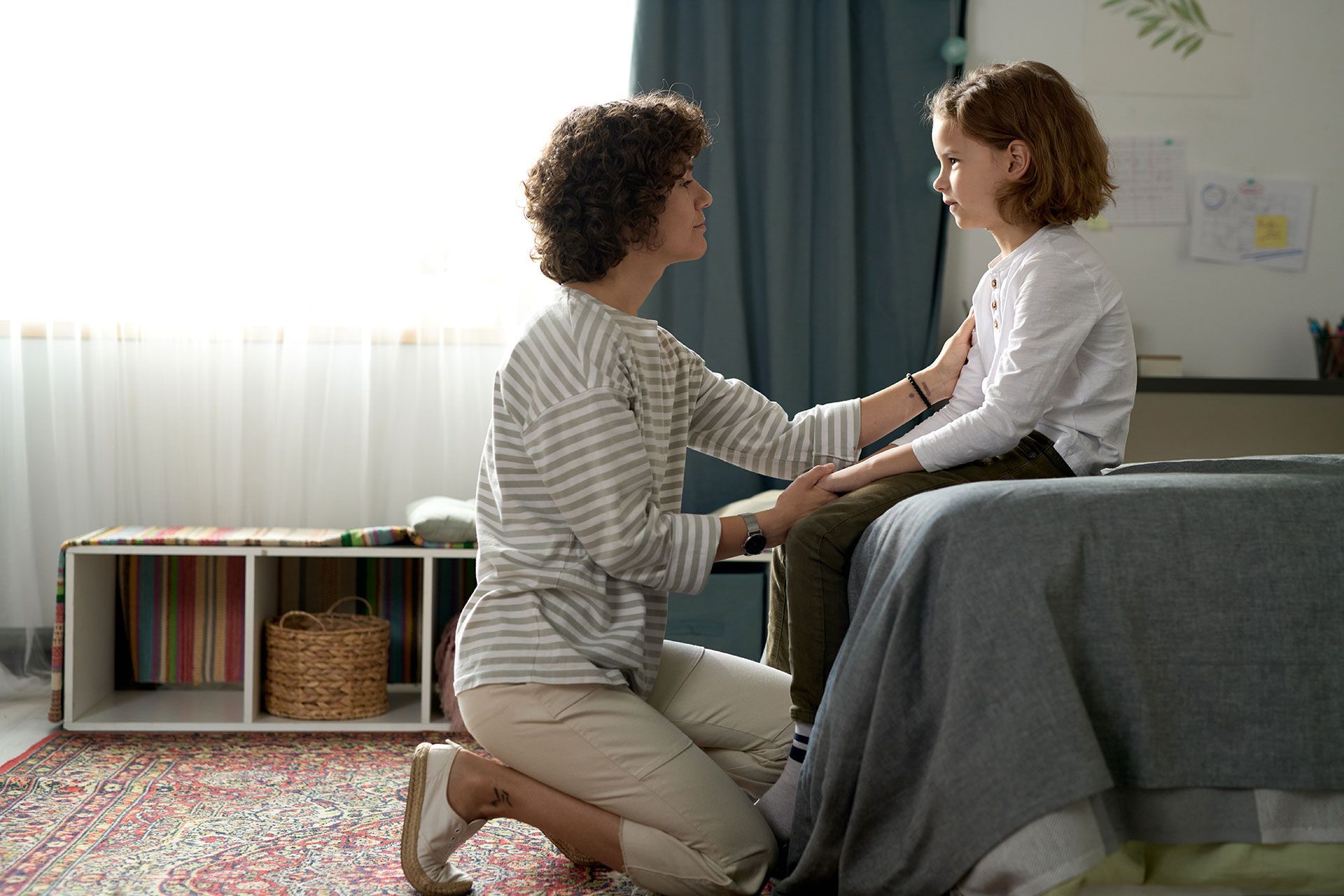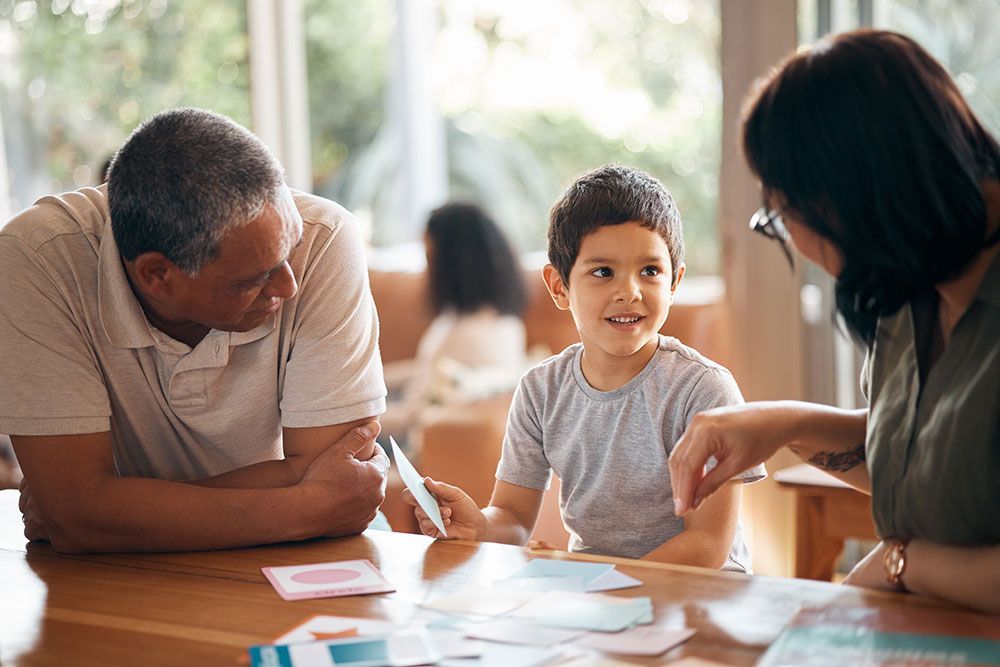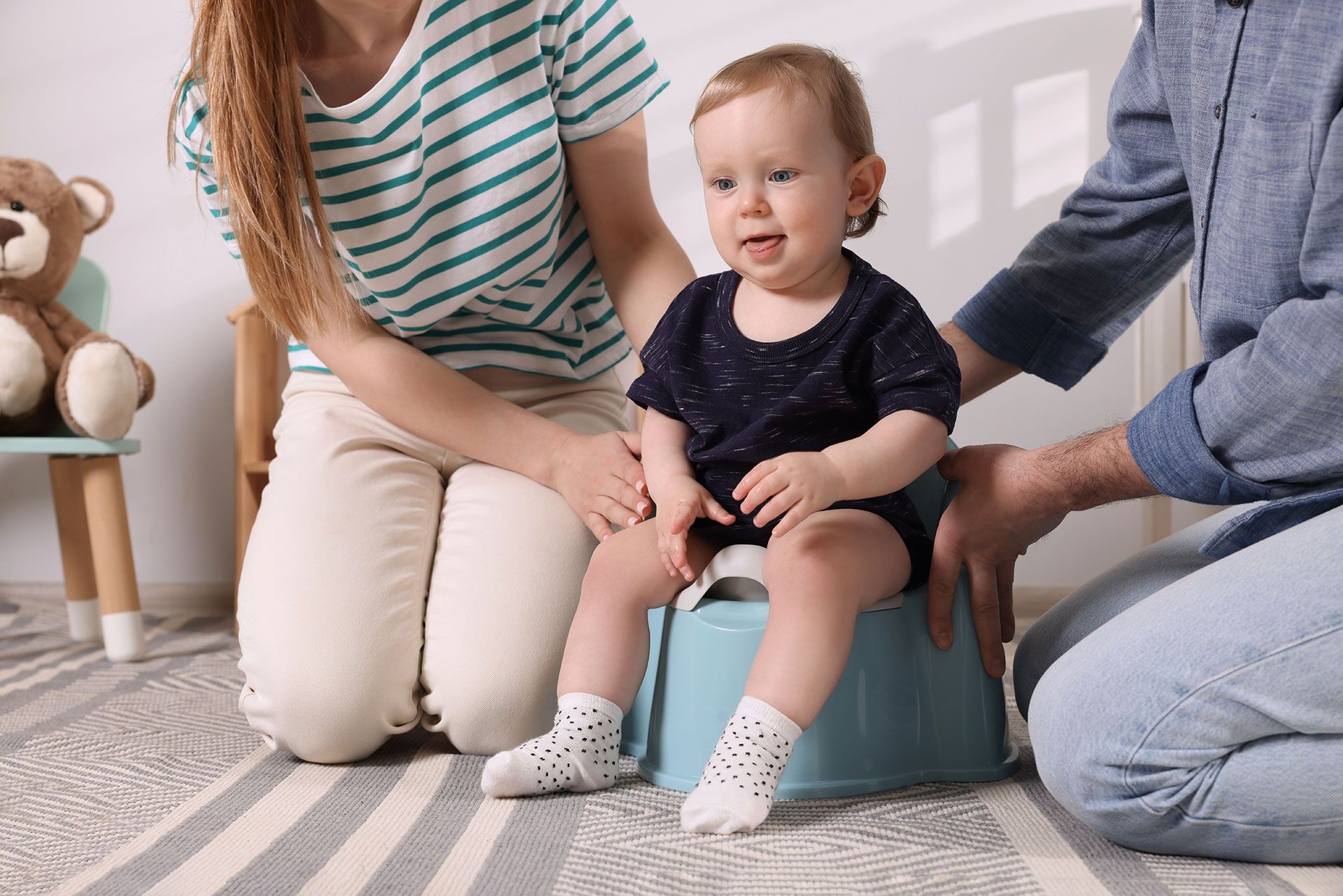Giving Thanks

As we enter the holiday season, parents often ask how to foster gratitude in their children. We want our children to be appreciative and not take things for granted, as learning to be grateful can improve their relationships, ability to empathize, and overall happiness. However, this can be easier said than done. With Thanksgiving around the corner, read on for some simple strategies to help your family reflect on what they are most grateful for.
1. Set a good example
As with most aspects of parenting, our children learn best from watching us. When it comes to gratitude, we can make a big impact by actively expressing appreciation for the little things amidst the hustle and bustle of everyday life. Try making a habit of verbally thanking your spouse, children, and other loved ones for all that they do. The more our kids hear us do this, the more they will internalize expressions of gratitude as an expected part of life. We are also then likely to see this behavior generalize to friends, coaches, teachers, and other settings.
2. Play the gratitude game
One of my favorite ways to foster a spirit of gratitude and optimism in children is playing the gratitude game each day. Many families I work with choose to do this at dinner, in the car on the way home from sports practice, or before bed. The game is simple- each family member shares the best part of their day, the hardest part of their day, and what they were most grateful for that day. You can even use a catchy metaphor, like “rose, thorn, and bud”. The rose is the positive aspect of the day, the thorn is the challenge, and the bud is what we are most grateful for. This activity has roots in mindfulness and has been shown to be a powerful way to shape our overall mindset and thought process.
3. Put it to paper
Another fun activity involves writing- or, for younger children, drawing- something we are grateful for each day. You can grab a notebook and help your child document their appreciation in a gratitude journal, leaving them with many pages to reflect on when things get hard. For little ones, you might prompt them to draw a picture of something they are grateful for as you make dinner or help your other child with their homework.
4. Get involved
Engaging in community service and getting involved in your community are also impactful ways to teach children the joy of giving and help them to appreciate all that they have. Such experiences also provide ample opportunities for discussions about what gratitude, giving, and service look like to your family.

Katherine Cohn, PhD
Licensed Child Clinical Psychologist
Licensed Specialist in School Psychology
